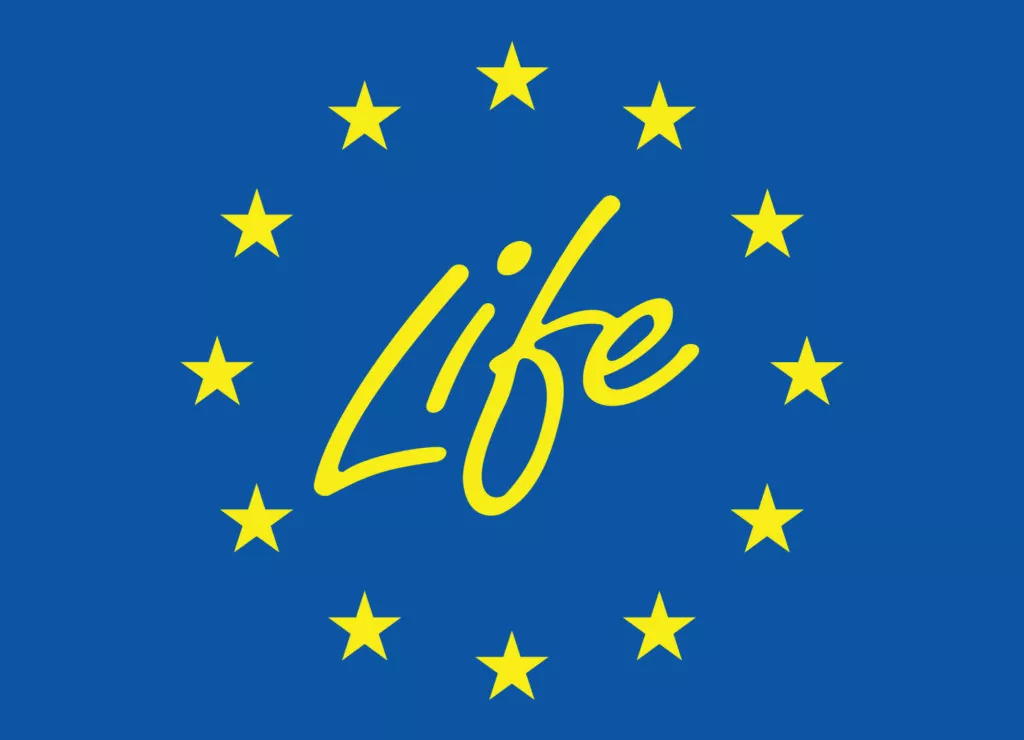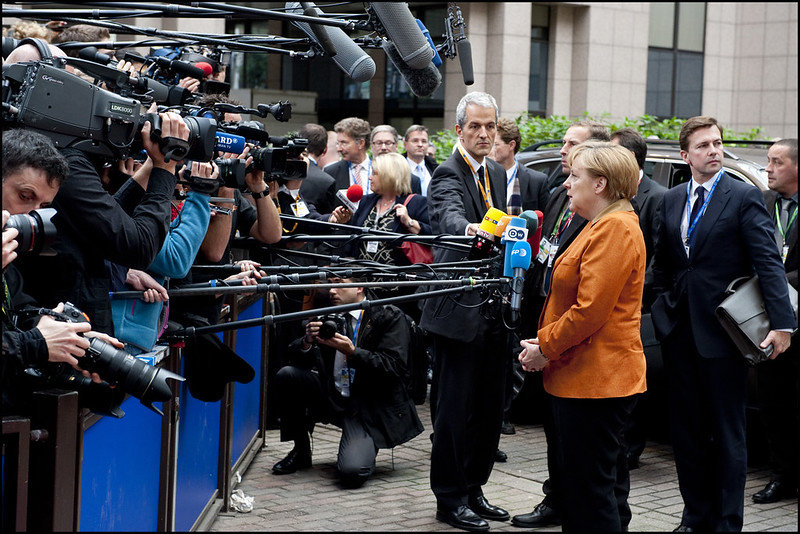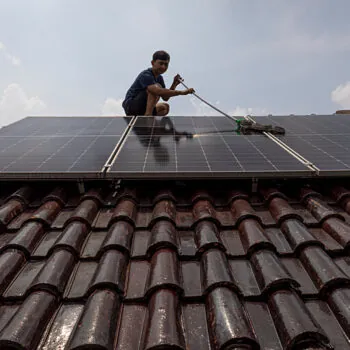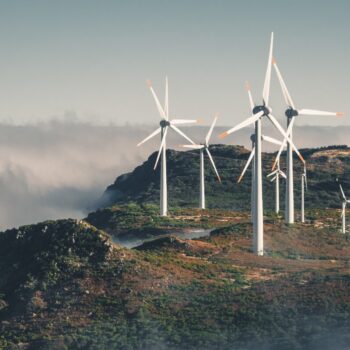On July 1st, Germany will assume the EU Presidency (or more formally the presidency of the Council of the European Union) for the second half of 2020.
With it, it assumes the responsibility for leading a continent-wide recovery project in the face of the COVID-19 pandemic and the response to a worsening climate crisis.
The challenge
For a six-month presidency, the German government has a lot on its plate.
First and foremost: getting EU member states to a consensus on a green recovery project that builds rather than strains European cohesion. Germany will need to settle both the traditional East-West and the COVID-19 North-South divide over financial questions. This means tackling the implementation of the recovery programme, the negotiations around the EU’s long-term budget (MFF) and how the European Green Deal can be used to guide both in a way that builds resilience to future shocks – environmental and otherwise.
Alongside the immediate needs for recovery, the climate clock is ticking. 2020 kicks off the decade that will pave the way to climate safety or to a world where multiple shocks and crises become the norm. Rather than putting climate on hold, the COVID-19 recovery processes, and the vast sums of money that will be channelled into the economy, have accelerated the timeframe for decisions to keep 2050 climate neutrality within reach.
The starting point
The German government demonstrated awareness of the climate challenge. Ahead of the Petersberg Climate Dialogue, an annual international climate meeting, Chancellor Angela Merkel confirmed climate will be a priority of the presidency next to COVID-19. Germany plans to look beyond the EU’s borders and make green recovery part of diplomatic relationships as well.
As the largest economy and beneficiary of the single market, Germany has the economic and political might but also a strong self-interest in a more resilient and sustainable EU coming out of the crisis. The Franco-German proposal for a European economic recovery has put Germany on strong footing as well. The decision to drop longstanding resistance to shared debt to finance the EU’s recovery signalled solidarity with the countries hit hardest by the pandemic. This together with the European Commission’s recovery programme, will help find an approach to finance the EU’s recovery that all member states can support. In these negotiations, Merkel will benefit from her past experience of EU Presidency crisis management: in 2007 she successfully brought lengthy negotiations on the EU’s Lisbon Treaty to a close.
The German government has strong backing in Brussels and at home for aligning the recovery with climate neutrality, but Merkel’s own conservative party will be one to watch, lest it remain a stumbling block to more climate ambition.
The best bet of the coming EU Presidency
Leaked plans for the next Trio of Presidencies (Germany, Portugal, and Slovenia) already give an indication of the breadth of plans for the month to come, but what is Germany’s best bet for delivering on the promise of resilient recovery?
Firstly, Germany will need to make the European Green Deal a central part of delivering the EU’s economic recovery. This will require bringing contentious negotiations on the new EU long-term budget to an end and making sure the funds are fully supportive of the European Green Deal objectives. The EU Climate Law is the steppingstone for making the European Green Deal a reality as it will provide high-level guidance for aligning the economic recovery with climate neutrality. Germany will have to support forming a joint position of member states and bringing negotiations to an end.
Secondly, Germany and the EU will have to reassure investors, businesses, and international partners that they are serious about a green and resilient recovery. This confidence will need to be reflected in the EU’s international climate target (NDC).
Two things have been clearly communicated: the EU intends to deliver on its promise to raise its NDC in 2020 and the majority of member states are behind the Commission’s proposal to increase the EU’s climate target for 2030 from the current 40% reduction on 1990 levels of greenhouse gas emissions to up to 55% to this aim. It will be Germany’s job to work with the Commission on securing an agreement between member states.
Thirdly, Germany will need to help create the foundations for global economic recovery in line with the Paris Agreement and the Sustainable Development Goals. The EU’s (and Germany’s) own recovery will only be successful if economies in other parts of the world also start to thrive again. This partly means taking a more assertive approach to European foreign policy, while also identifying areas where the EU can build cooperation with key partners – in the G20 and outside of it.
As Chancellor Merkel herself noted, striking this balance in the EU’s relationship with China and the meeting between EU and Chinese leaders in Leipzig in September will be central to navigating the new geopolitical waves.
This will mean balancing an awareness of China’s position as a systemic rival and economic competitor to the EU, with identifying key areas where cooperation with China can change the rules of the international game and global greenhouse gas emissions pathways going forward. Alongside joint delivery on their Paris commitments (NDC and net-zero long-term strategies), cooperation on sustainable finance and support for third countries in greening their recoveries come to mind.
The German EU presidency might only last six months but the impacts of the EU’s domestic and international decisions during this time can set the path to greater resilience and stability for years to come.
This project has received funding from the LIFE Programme of the European Union.



